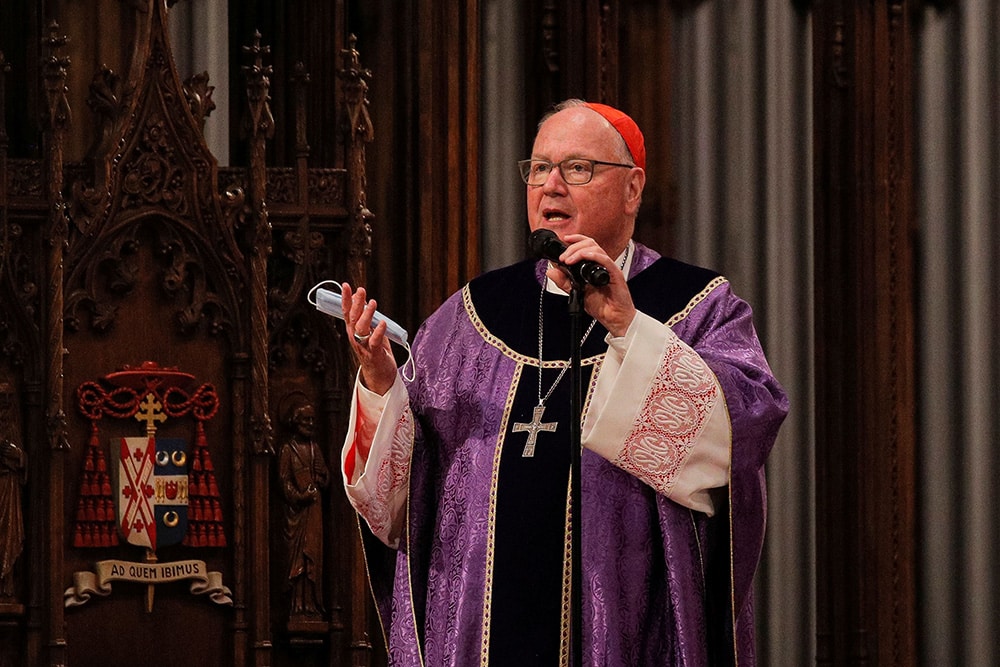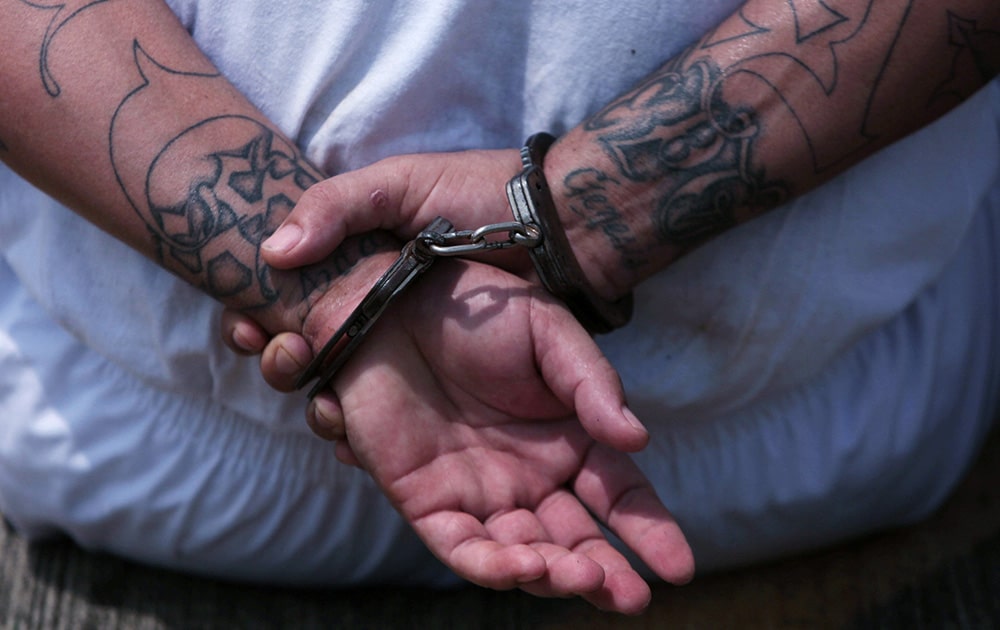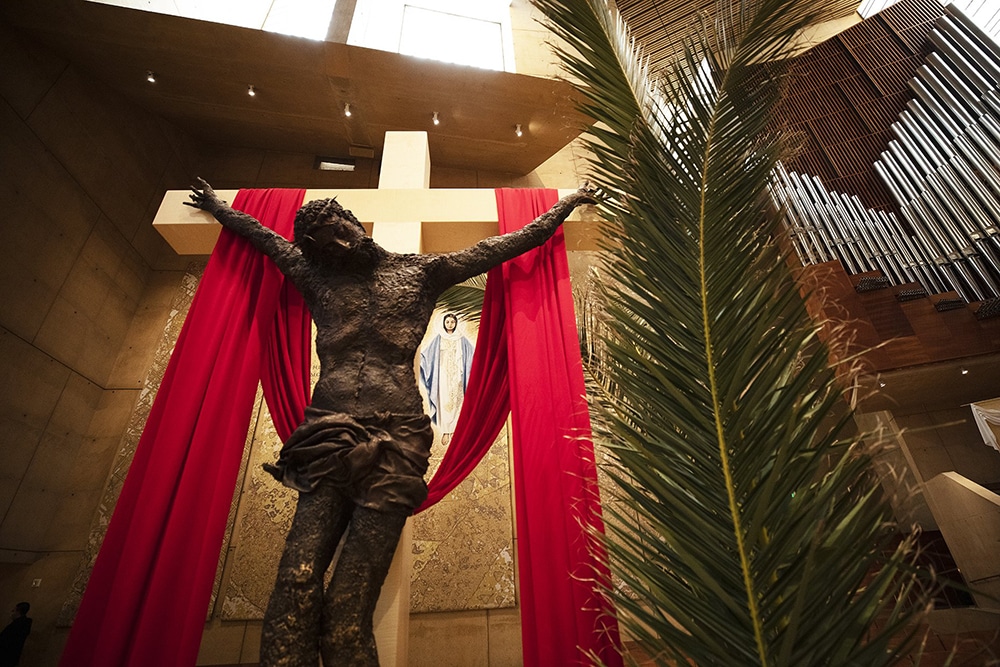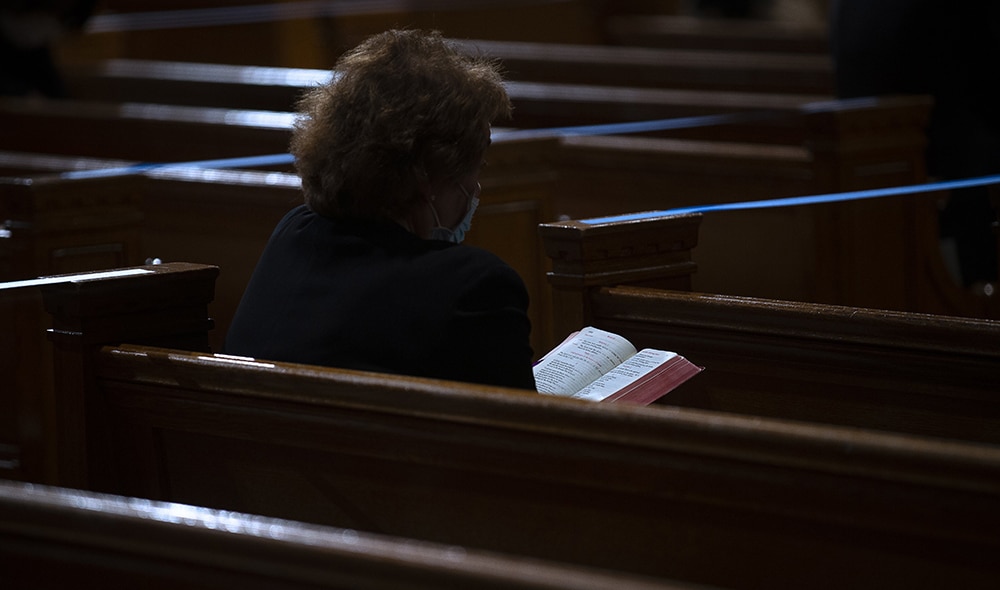Americans have long been a tolerant people. In recent years, there has been much concern and lament about how divided we have become, and we are right to be concerned about the divisions that are opening up in our public life. At the same time, considering this country’s extraordinary diversity, we might marvel at the way the vast majority of us accept difference and show hospitality and respect toward our neighbors, even amid our deep disagreements.
The Equality Act takes us in a different direction. While the name sounds appealing — who is not in favor of equality? — the Equality Act is actually deeply intolerant. It forces a highly contested understanding of human nature on all people, and it goes out of its way to target people of faith.
The idea behind the Equality Act seems simple enough. It makes “sexual orientation” and “gender identity” protected categories in the Civil Rights Act. The goal is to protect people who identify as LGBT from discrimination.
The desire to protect people from unjust discrimination is a laudable one. We Catholics believe that every individual is created in the image of God, and so we have an obligation to treat all people with dignity, respect, and compassion. All Catholics should stand against unjust discrimination. But the Equality Act goes far beyond its ostensible goal.
A Christian understanding of sex and gender
One need not profess the Catholic faith to find problems with the Equality Act. Reason and natural law provide ample grounds for rejecting it. But a Christian perspective can illuminate how the codification of gender ideology into law is harmful.
A Christian understanding of sex and gender is not about following arbitrary rules. It is about human flourishing, the common good and respecting the integrity of nature. The Church has long understood that the human person is a unity of body and soul. I am not a mind that happens to have a body. I am a body animated by a soul, a whole person. One’s identity is inseparable from one’s body. Gender ideology presents a counter anthropology, claiming that one’s given body could somehow contradict one’s identity.
We Catholics believe that every individual is created in the image of God, and so we have an obligation to treat all people with dignity, respect, and compassion. All Catholics should stand against unjust discrimination. But the Equality Act goes far beyond its ostensible goal.
Christians recognize that there is a distinction between the sexes. Sexual difference is a fundamental, sacred and beautiful dimension of human nature, and the complementarity between male and female finds meaning in the “the flourishing of family life.”
Much of the language of Scripture and sacred Tradition builds on the natural understanding of marriage as a fruitful union between male and female. Christianity becomes incomprehensible if we accept that marriage is based merely on strong affection or that gender can be untethered from biological sex. While Catholics must accompany all individuals, we cannot accept an ideology of gender, which, as Pope Francis says, “denies the difference and reciprocity in nature of a man and a woman and envisages a society without sexual differences, thereby eliminating the anthropological basis of the family.” In fact, the Holy Father seems to be speaking directly to the problem represented by the Equality Act when he says, “This ideology leads to educational programmes and legislative enactments that promote a personal identity and emotional intimacy radically separated from the biological difference between male and female. Consequently, human identity becomes the choice of the individual, one which can also change over time.”
Imposing gender ideology
Of course, many Americans may reject a view of sexuality rooted in the natural law, and perhaps many more do not accept a Christian understanding of the human person. The United States is highly pluralistic. One of the great benefits of living in a free society, though, is that we can reason together about how best to live together with our differences. As I noted earlier this year, Pope Francis offers much wisdom in Fratelli Tutti when he teaches that dialogue allows us the room to seek the truth together in a pluralistic society. The Equality Act brings an end to dialogue. It forces all of us to accept the tendentious claims of gender ideology.
Allowing for room for discernment is especially important here. Consider a scenario involving female spaces at a school. A young male informs a teacher that he now identifies as a female, and that he wishes to be treated as a female. How should an educator respond?
Proper discernment entails taking full account of the whole situation. What is going on in this student’s life? What would be fair to all students? What sort of accommodations are possible? What kind of counseling options are available? It is not difficult to imagine several ways that a teacher could respond to this situation in a way that is both truthful and compassionate, faithful and empathetic. But the Equality Act allows for only one way to handle this situation, and it is a way that is unfair for the female students who want privacy and ultimately uncompassionate to a student in need of accompaniment that is both loving and honest. By forcing gender ideology on schools, charitable services and hospitals, the Equality Act shrinks the space in which people of good will can discern how best to help persons experiencing gender dysphoria.
Targeting religion
Religious freedom is a fundamental right, enshrined as the first in the Bill of Rights. All people of goodwill deserve the space to seek the truth about God and to respond to the truth when it is grasped. Certainly, ordering society toward the good while respecting the freedom of all can be a challenge. But at a minimum, no one should be forced by the government to do something that she or he understands to be against his or her deeply held convictions. The Catholic Church teaches this clearly:
“[Religious] freedom means that all men are to be immune from coercion on the part of individuals or of social groups and of any human power, in such wise that no one is to be forced to act in a manner contrary to his own beliefs, whether privately or publicly, whether alone or in association with others, within due limits.”
The Equality Act seems to go out of its way to target religion. It exempts itself from the Religious Freedom Restoration Act (RFRA), a bill that was passed nearly unanimously by Congress and signed into law by President Bill Clinton in 1993. RFRA basically says that if the government is going to burden religion, it needs to have a very good reason, and it needs to show that it did everything possible to avoid over-burdening the religion.
RFRA has been invoked by Muslims seeking to wear short beards in prison, American Indians using eagle feathers in religious ceremonies, humanitarians leaving water for migrants in the desert, and — yes — nuns who do not want to pay for contraceptives. RFRA protects people of all faiths. But under the Equality Act, a religious service provider is not protected by RFRA if it “discriminates” on the basis of “gender identity.” So, if a Catholic women’s shelter decides that it would be best not to house a biological man self-identifying as a woman in the same space as women who have been victims of domestic abuse, that ministry would not be protected under the Equality Act.
The Equality Act also expands the meaning of public accommodations. What this means is that some institutions we would not normally think of as public are considered public under the Equality Act. For example, a church is obviously a religious building. But what if the church has a banquet hall that it rents out for events? Most reasonable people would say that the law should not force a church to host an event that it considers to be immoral. But under the Equality Act, if the church is open to the public, then disallowing the celebration of a same-sex civil marriage would be discrimination on the basis of sexual orientation. Of course, in this instance, the church objects to the activity of the participants, not the “orientation” of the individuals, but the act does not make that distinction. Our recognition of the inherent dignity of all persons does not entail that we must celebrate conduct contrary to our beliefs.
The Equality Act also sneaks in an abortion mandate by defining “sex” to include “pregnancy, childbirth or a related medical condition” — a phrase that courts have interpreted to include abortion. With this trick, the act can effectively say that refusing to perform an abortion constitutes discrimination on the basis of sex. Consider a Catholic doctor working at a Catholic hospital. She is not protected from being forced to perform abortions by virtue of working at a Catholic hospital, because the hospital is a public accommodation. Her individual conscience rights are less protected, because she has no recourse to RFRA. It seems that whether the issue is abortion, gender ideology, or marriage redefinition, the activists are not content to simply do what they want. With the Equality Act, they are saying, “no matter what you believe, you are going to support these things.”
The Equality Act goes far beyond the noble desire to protect vulnerable people. It burdens consciences and severely curtails the rights of religious people to be free to practice their faith.
For the good of all
All people should be treated with dignity and respect. There are cases of real harms that provide the impetus for bills like the Equality Act. During this season of Lent, we Christians reflect on ways that we have treated others unjustly, bringing our own failings to the sacrament of penance–including any times we have treated individuals experiencing same-sex attraction or gender dysphoria with anything less than love.
At the same time, as Justice Anthony Kennedy has put it, “Tolerance is most meaningful when it’s mutual.” The Equality Act codifies intolerance, not only for religious people, but for people who have serious, good-faith questions about the transgender political movement. As inheritors of a long tradition on what human flourishing looks like, Christians have a unique contribution to make to today’s conversations about sex and gender. We should have space to make it.
Cardinal Timothy M. Dolan is the Archbishop of New York. This article was originally published by Public Discourse. It is being reprinted with permission.







